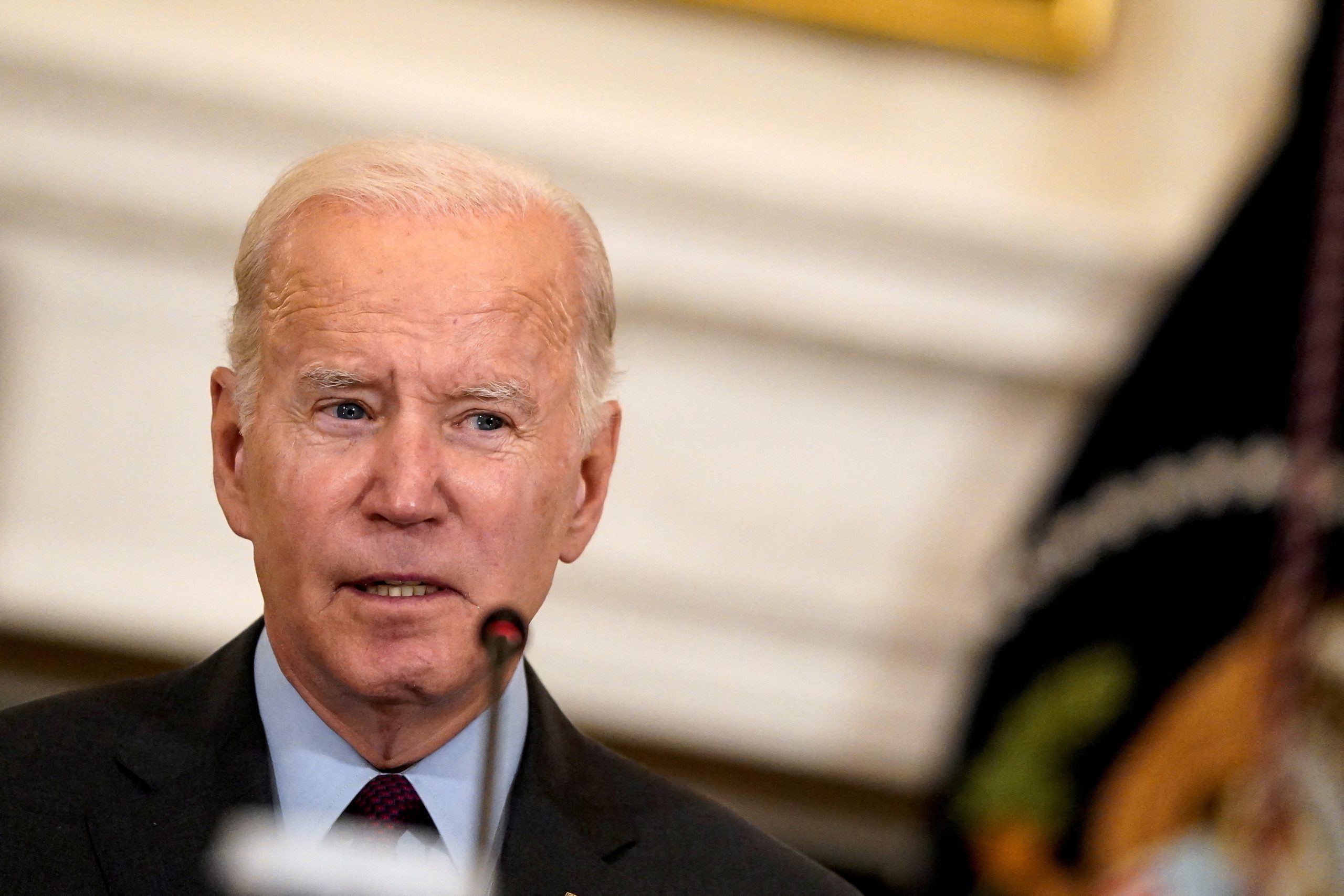
Willie R. Tubbs, FISM News
[elfsight_social_share_buttons id=”1″]
Diversity and inclusion took a backseat to Russia and China in the Biden Administration’s new plan for promoting American national security.
The White House recently unveiled a plan in the form of a 48-page document, Biden’s first official national security strategy and one that seemed ripped from 20th Century diplomacy, in the midst of being criticized as making America weak through an overly “woke” military.
In the plan, the administration paid only lip service to the ideas central to progressive ideology and instead focused on Russia and China, which were identified as “the most pressing strategic challenge facing our vision” and “powers that layer authoritarian governance with a revisionist foreign policy.”
While the plan claimed the Cold War era is over, Biden’s continued military and monetary aid to Ukraine and his recent warnings of “nuclear Armageddon” have certainly drawn the U.S. far closer than it has been in more than 30 years to the threats and fear of war with Moscow that defined the Cold War.
“Russia and the PRC pose different challenges,” the document reads.
Russia poses an immediate threat to the free and open international system, recklessly flouting the basic laws of the international order today, as its brutal war of aggression against Ukraine has shown. The PRC, by contrast, is the only competitor with both the intent to reshape the international order and, increasingly, the economic, diplomatic, military, and technological power to advance that objective.
President Joe Biden’s strategy for addressing these primary adversaries was summed in three words: invest, build, and modernize.
“Specifically, we need to invest in the underlying sources and tools of American power and influence, especially our strength here at home, both for the purpose of effective competition and for the purpose of being set up to rally the world to solve shared challenges,” National Security Advisor Jake Sullivan said during a press briefing.
Second, we need to build the strongest possible coalition of nations to enhance our collective influence, both to shape the global strategic environment and to address these transnational threats that require cooperation to succeed. And finally, we need to set the rules of the road for the 21st century in critical areas — from emerging technologies in cyberspace, to trade, economics, investment, and more — both so that the international order continues to reflect our values and our interests and so that the international order is better designed to be able to take on the challenges ahead.
On the right, Republicans slowly began trickling out statements critical of Biden’s strategy not on the grounds of it being a necessarily bad list of aspirations, but rather on conservatives’ belief Biden has demonstrated weakness on the international stage.
“Joe Biden is the worst foreign policy and national security president America has ever seen,” Sen. Ted Cruz (R-Texas) tweeted. “What the left doesn’t understand is weakness is provocative. When you behave like a scared sixth grade girl, which is how Joe Biden behaves, the bullies see that and behave accordingly.”
Joe Biden is the worst foreign policy and national security president America has ever seen.
What the left doesn't understand is weakness is provocative.
When you behave like a scared sixth grade girl, which is how Joe Biden behaves, the bullies see that and behave accordingly. pic.twitter.com/WGhWq28SDx
— Senator Ted Cruz (@SenTedCruz) October 12, 2022
In one sense, the new strategy could be perceived as Biden’s attempt to salvage his image.
One could easily miss the scant mentions of diversity sprinkled in the document but they would hardly count as central to the strategy. The more pressing issues were technological advancements and galvanizing the collection of allies the U.S. currently enjoys to maximize pressure on international adversaries.
“American diplomacy will continue to leverage our country’s unrivaled networks of allies and partners to build the strongest and broadest possible coalition of nations,” Secretary of State Antony Blinken said in a statement. “Together, we will advance and defend this vision at a moment when revisionist, authoritarian powers are undermining international peace and stability and we face unprecedented, shared challenges, like the climate crisis and pandemics, that threaten the lives and livelihoods of all our people.”
The strategy certainly casts a wide net. There are sections dedicated to the Indo-Pacific, Western Hemisphere, Middle East, Europe, and Africa.
Additionally, the U.S. will maintain strong ties to Israel. Iran, by comparison, was lumped in with the likes of Russia and China as targets for U.S. pressures.
